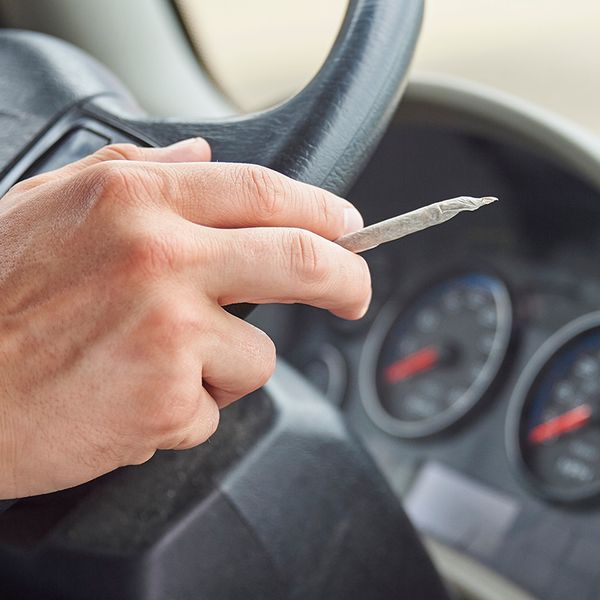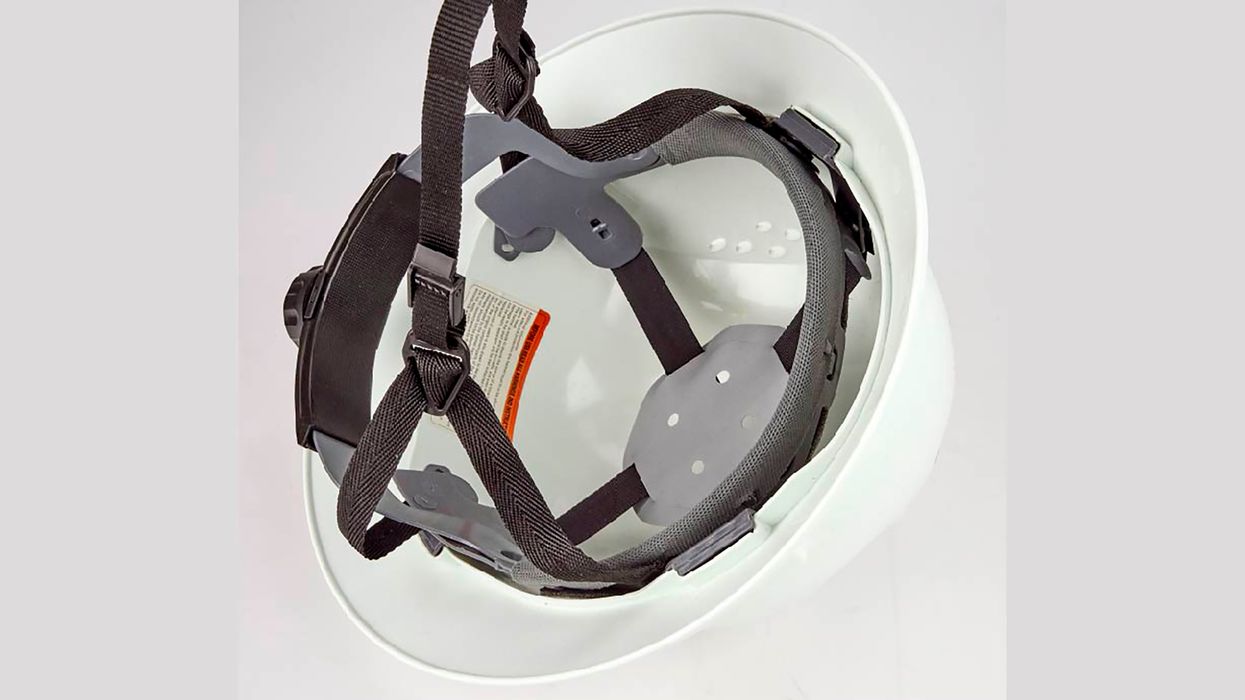Motor carrier employees taking the high road: Marijuana in the workplace
Delaware, Maryland, and Missouri recently legalized recreational marijuana, bringing the number of states where it is legal to 23. How can a motor carrier protect its interests with this cultural shift in accepting marijuana use?
For those drivers operating vehicles requiring a CDL, the motor carrier’s means of detecting use is the DOT drug panel. It is not so black and white for other motor carrier employees who impact safety.
Positions not subject to DOT testing
Many motor carrier employees who are not subject to DOT testing can cause harm to themselves or others if impaired by marijuana.
Drivers who operate commercial motor vehicles (CMVs) that do not require a CDL are not permitted to use or possess marijuana, but there is no testing mechanism built into the regulations.
If the carrier has knowledge of use or possession, they must remove the driver from duty until the issue is resolved. (This is required under 392.4). There is no clarification on what a carrier can use as knowledge of use or what might be needed as proof that the driver can return to duty.
Your company policy should fill in the blanks when use is found outside of a traffic conviction and loss of driving privileges. For instance, your policy should address who makes the decision to pull the driver.
In addition, supervisors or human resources should not take a coworker’s or other third- party’s word that a driver is using marijuana without verifying this. The motor carrier also should clearly indicate what it takes to resume driving (e.g., testing) if the driver is found to have been using marijuana and stays with the company.
Aside from drivers, there are other positions that can impact motor carrier safety when an individual is impaired by marijuana. This includes dispatchers, flaggers, yard jockeys, technicians, and loading dock personnel.
| To learn more, check out our ezExplanation on Marijuana. |
Testing employees when it’s not required by law
One option of identifying those who may be under the influence of marijuana is a non-DOT testing program. Some facets of a drug-free workplace program can mimic a DOT program, providing a state or federal employment laws do not place restrictions on testing.
A non-DOT program requires the creation of a policy, indicating when a motor carrier will test for marijuana (and other drugs). This could include:
- Pre-employment
- Random
- Reasonable suspicion
- Post-accident (workplace or motor vehicle)
If you have locations in multiple states, you cannot have a blanket policy, since state laws vary. Some states prohibit random testing, for example.
State laws may also restrict testing for marijuana. When doing non-DOT testing, make sure the panel complies with state law.
| To learn more about company policy testing programs, visit Drug and alcohol testing (non-DOT) overview |
Consequences of marijuana use in the workplace
A failed non-DOT drug test or refusing to take a non-DOT drug test is not a DOT violation — even if the employee happens to hold a CDL. Any actions taken would be under the independent authority of the motor carrier. The motor carrier must take into consideration many new state marijuana laws, however.
In states where marijuana use is legal, you do not have to allow for its use in the workplace. If any employee uses marijuana on company property, you can take negative action, such as:
- Refusing to hire an applicant,
- Disciplining an employee, or
- Terminating an employee.
Stop! Don’t rush to action
Using a positive drug test for marijuana as the basis for a negative action is more complicated. A state law may not allow marijuana testing at all or could require an employer to consider accommodation for medical marijuana use.
If state law doesn’t allow testing, marijuana shouldn’t be on the panel. If a test is positive, a reasonable accommodation needs to be considered.
The reasonable accommodation process for employees in positions not requiring a CDL must begin with a conversation with the individual. For drivers operating non-CDL CMVs, accommodation examples may include:
- Reassigning the driver to a non-regulated vehicle.
- Asking the driver to speak with their medical provider about an alternate treatment.
Work with your HR department or employment attorney if you question what is permissible. If the action is based on a failed test, what an employer is permitted to do in response, is based on where the test occurred.
Key to remember: As more states allow for the use of marijuana, a motor carrier does not have to sacrifice safety, but they must know what employer actions are permitted under state laws.























































